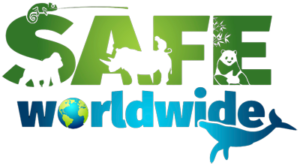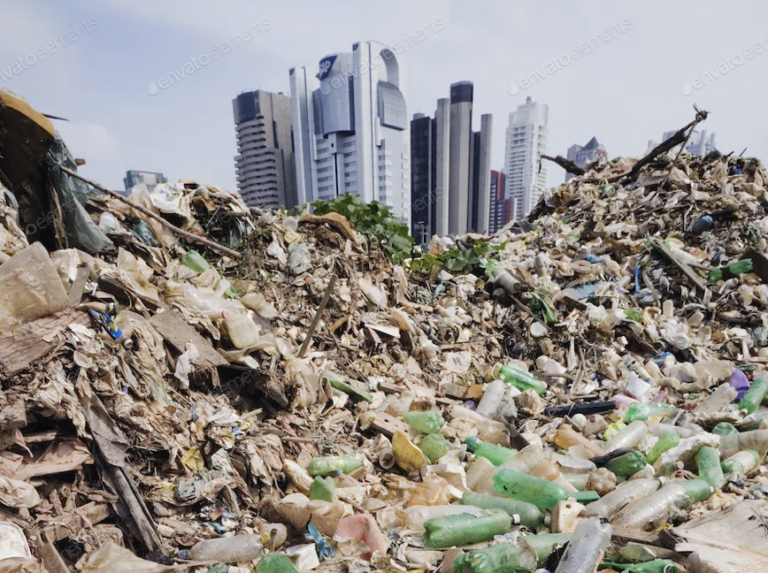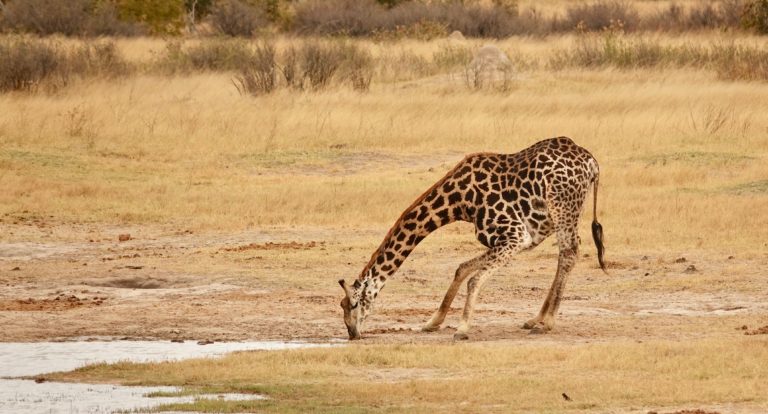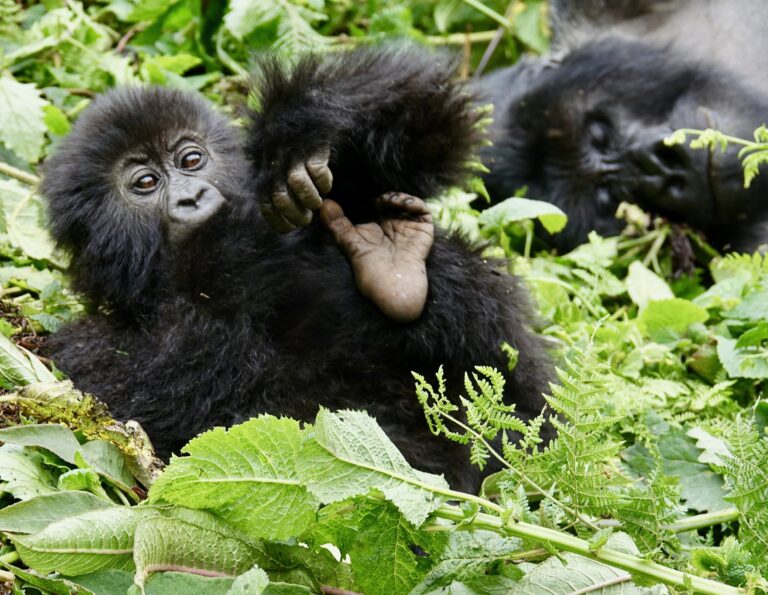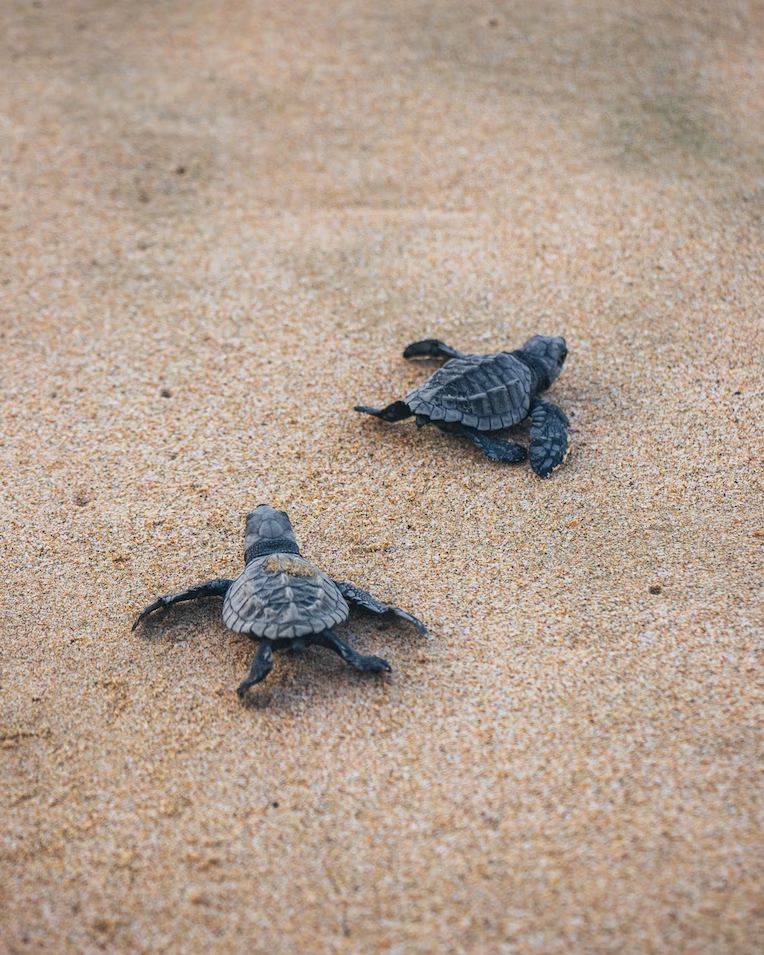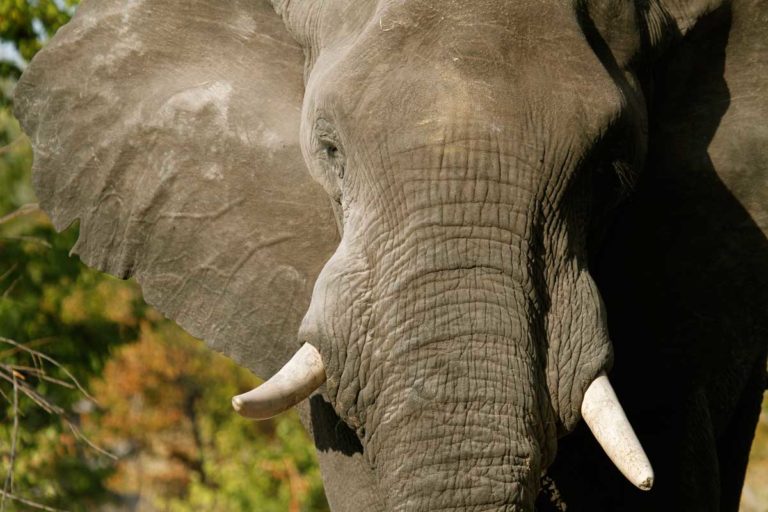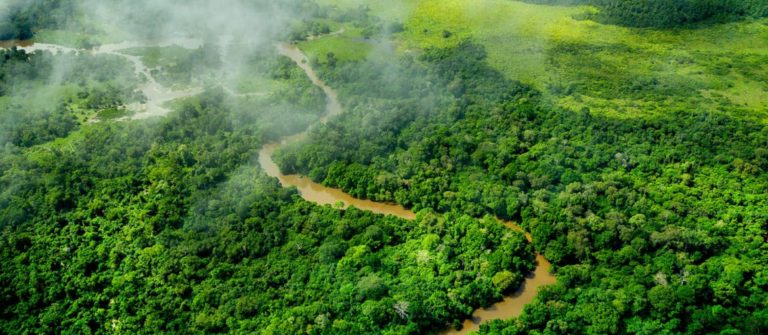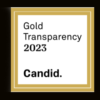Rhino Survival Project
Helping to save the rare Javan Rhino in Indonesia
THE RAREST RHINO ON EARTH
SAFE Worldwide has been working with OFORA and the Indonesian Government to help protect the Javan rhino, which can only be found in Ujung Kulon National Park in Java, Indonesia.
SAFE Worldwide is part of critical projects to help save not just the Javan rhino but other endemic and critically rare animals, like the Javan rhino and the Javan gibbon.
How your donations are being spent
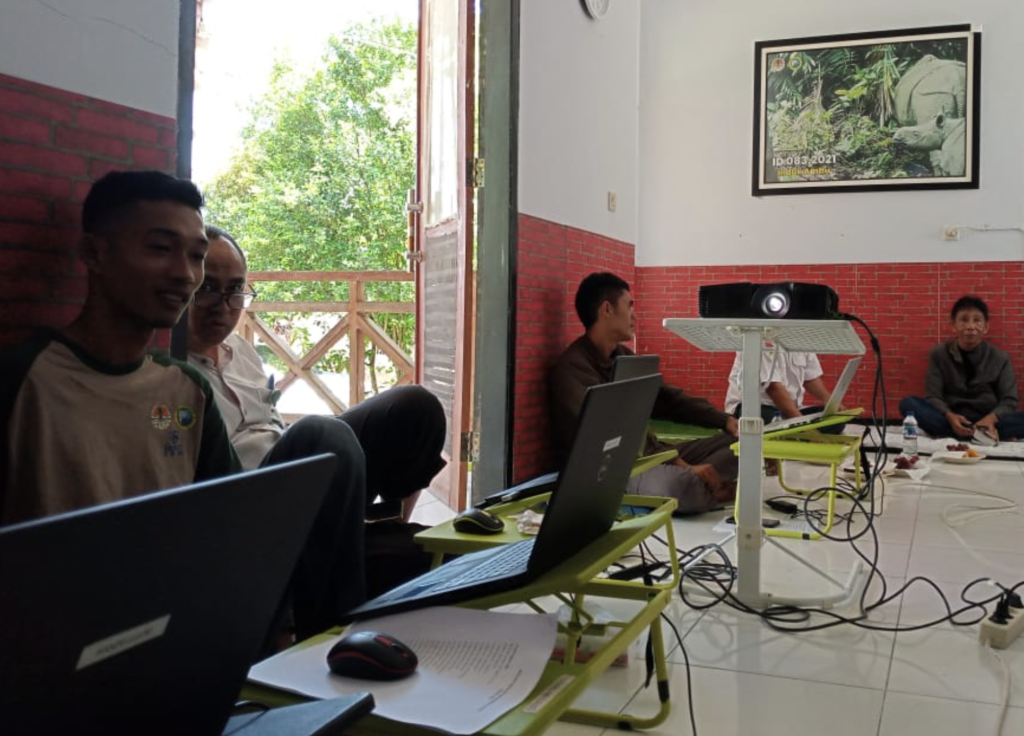
Tracking & Monitoring Analysis
We funded data analysis from video trap cameras from February until December 2021 related to the dynamics of wildlife populations, including the number population, sex ratio, correlation and space competition with other mammals.
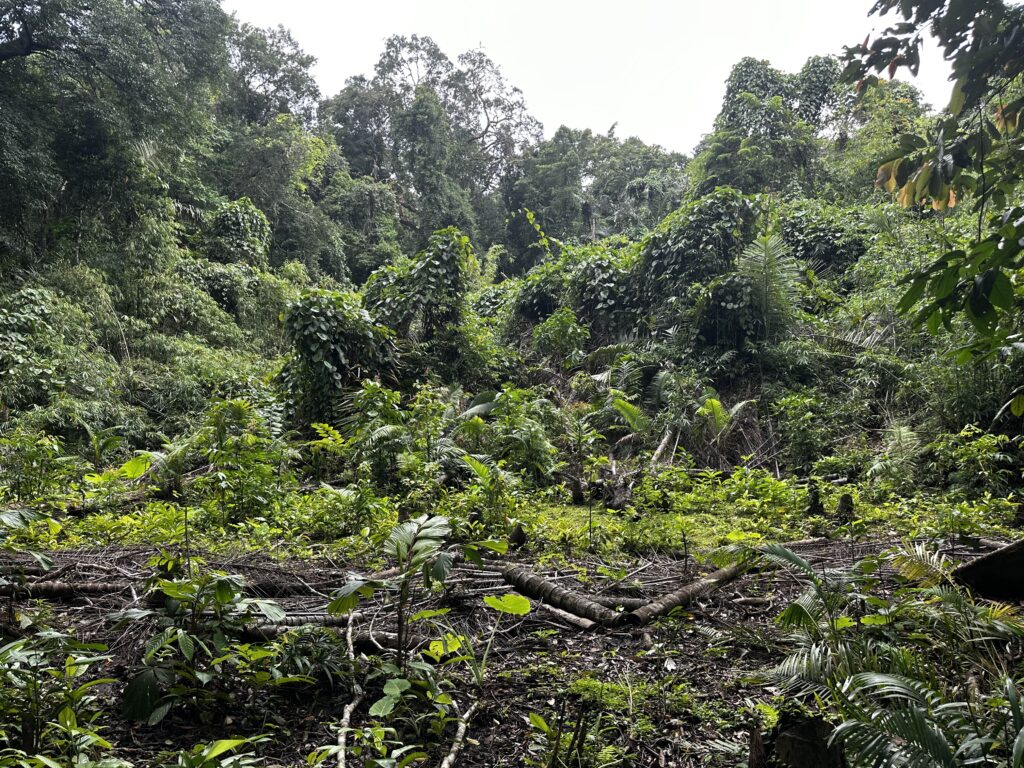
Habitat Management
SAFE Worldwide is funding the removal of the Arenga palm within the park, followed by restoration with native vegetation and food plants for rhinos. The palm trees have taken over some critical rhino habitat and restrict food sources for the rhinos.
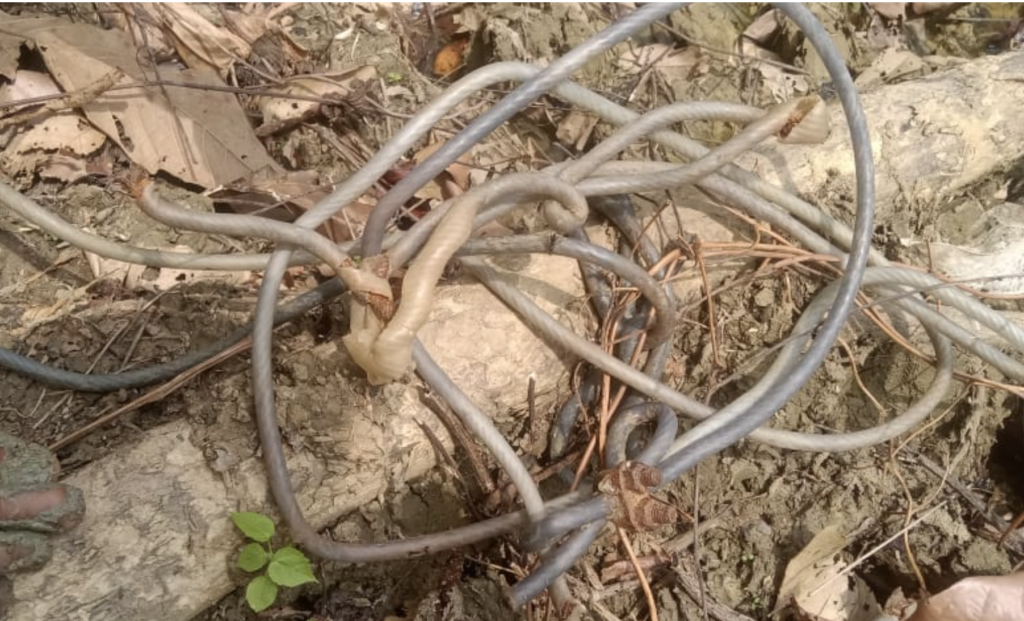
Anti-Poaching & snare removal
Once SAFE Worldwide was contacted about a rhino snare found in the National Park, we immediately funded a team of volunteers and rangers to go out and do a sweep of the affected region and provide funding for patrolling of the area.
To support this critical project, click the 'Donate' button below
VIDEO
Watch one of the rarest scenes on earth as a family of Javan rhinos were captured passing a camera trap area. With approval from the National Park, SAFE Worldwide was granted access to this camera capture, which has never been seen before.
These 74 rhinos represent hope for the survival of a species that is on the brink of extinction. If we lose the population in Java, the entire species will disappear.
VIDEO
Our interview series, ‘Conversations with Conservationist’, introduces Ofat Sofwatuddin, founder and president of Friends of Rhino Foundation (OFORA) – a nonprofit, NGO committed to the conservation of Javan Rhinos. Ofat discusses in depth the current status and recovery of the Javan rhinos in Ujung Kulon National Park. With over 25 years as an active conservationist, Ofat partners with other NGOs and organizations in the collaborative effort to establish a secondary habitat for these rare mammals.
The threats to Rhinos
Endangered
White rhinos are classified as Near Threatened, with less than 18,000 left in the wild. They are the only species of the five rhino species not classified as endangered.
Poaching
Around 10,000 rhinos have been poached in Africa in just the last decade. A rhino is killed and poaching every 12 minutes.
Ranger deaths
Over 100 Park Rangers protecting wildlife in Africa are killed by poachers each year in Africa. Poachers are using assault weapons like AK-47 and M-16 rifles.
24 hours or less
Criminal syndicates in South Africa can transfer a poached rhino horn from Mozambique (also known as “Poacher’s Alley) to Asia within 24 hours.
From hubs like Myanmar and Thailand, the body parts make their way to China and other SouthEast Asian countries.
1977
The Convention on International Trade in Endangered Species of Wild Fauna and Flora (CITES), the government treaty established to ensure the survival of endangered and threatened species, banned the Intl trade of rhinoceros horn in 1977. For more than 20 years following the ban, poaching of Rhino horns decreased, but is now again on the rise
Time running out
Poaching is contributing to the extinction of hundreds of species, including tigers, bears, elephants, and rhinoceroses.
Poaching relates to activities such as the illegal pet trade, the bushmeat trade and even the poaching of our oceans.
